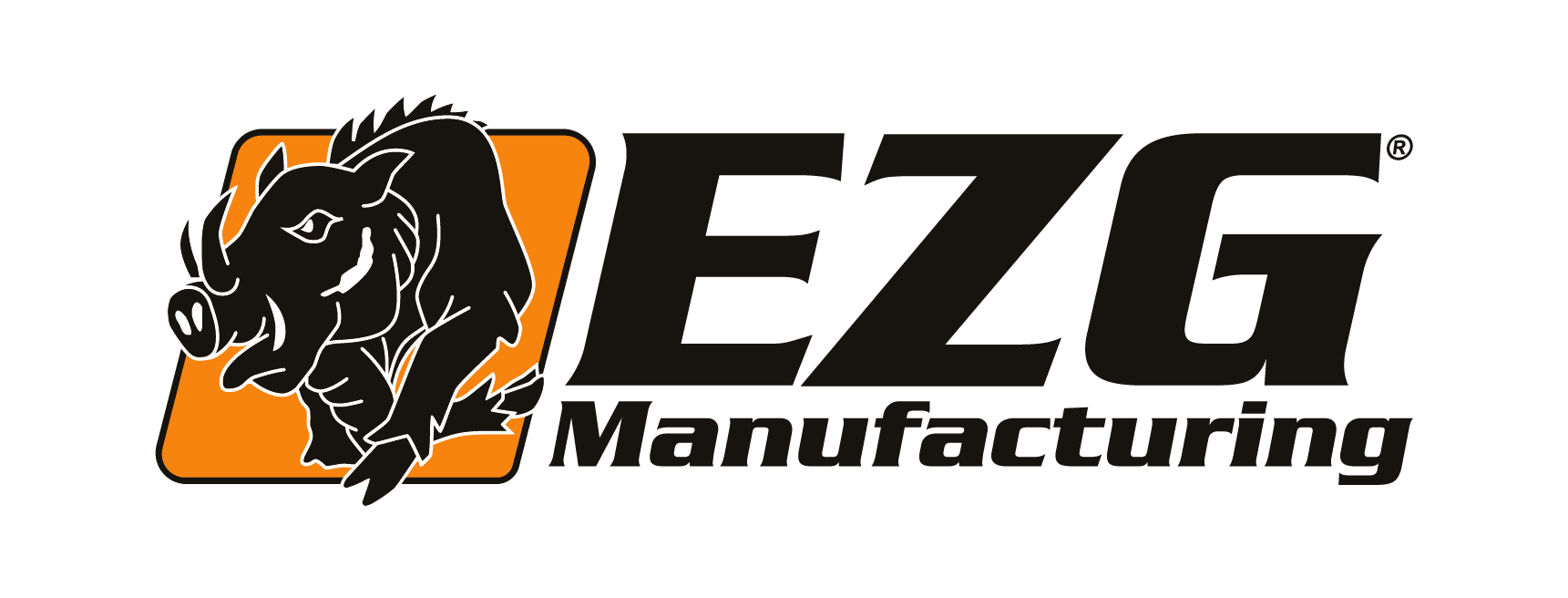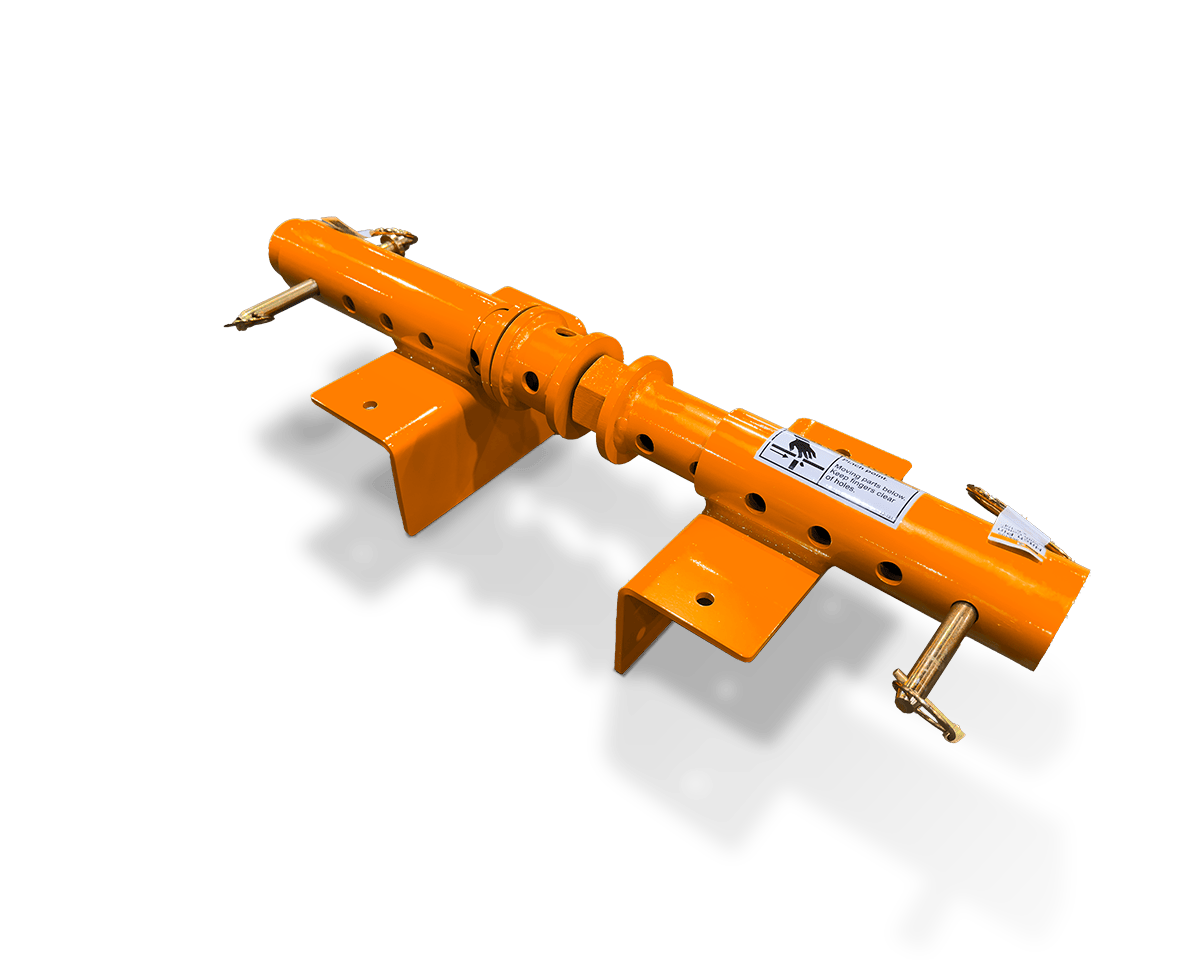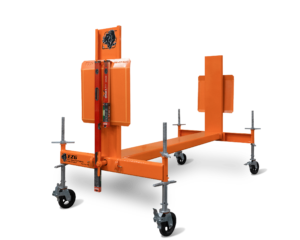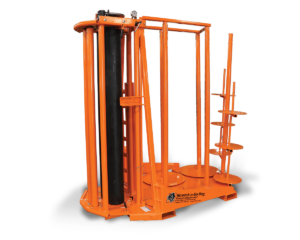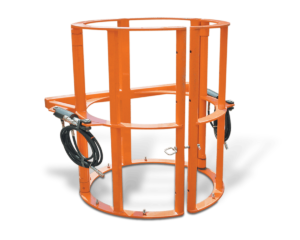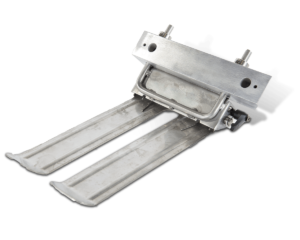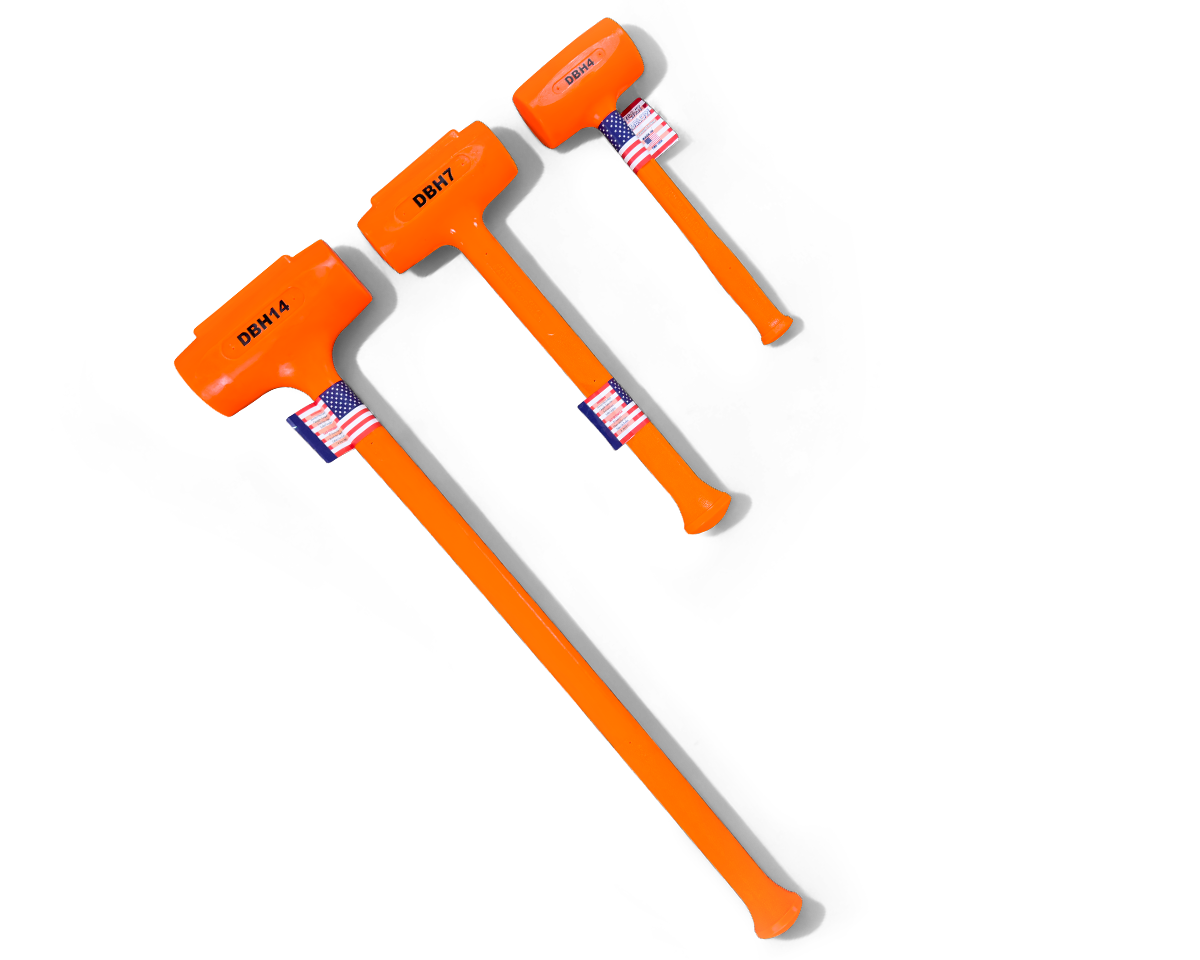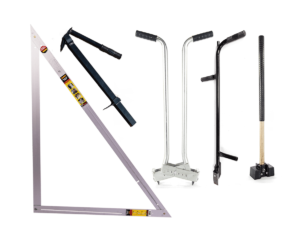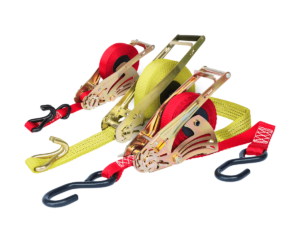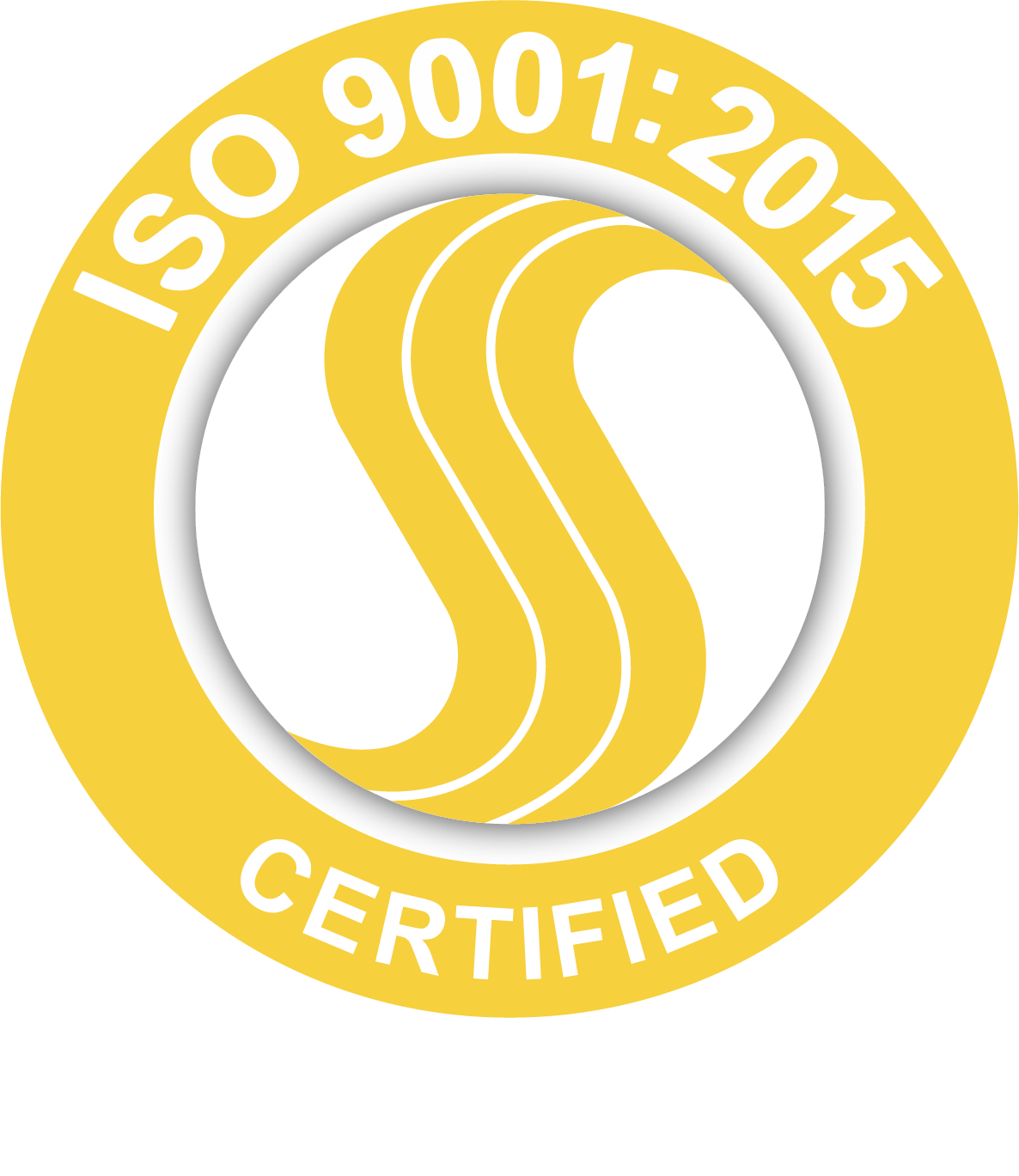It has been my experience that egos are prevalent among business leaders, myself included. They are what catapulted us into the corporate arena and made us want to lead successful companies.
“The ego can be your greatest asset or your biggest liability.”
The word “ego” has a bad reputation. But having a healthy ego is not bad unless it ventures to the dark side of arrogance, self-interest, and stubbornness. That is when it becomes one of the biggest barriers to people working together effectively. When someone in a leadership position has an inflated ego it impacts every facet of a company from employee morale and turnover to client relations and profits.
What makes an ego an asset versus a liability?
People who have a healthy ego have an others-first mentality. They show up to work wanting to serve others rather than wanting to be served. Their focus is on creating, building, and maintaining strong professional relationships. They are driven to exceed expectations in their attempt to establish credibility and build trust.
People with unhealthy egos have a distorted image of their own importance. They are unable to learn from their mistakes and they become defensive. Putting up a defensive wall makes it difficult to appreciate the valuable lessons that come with failure.
In a leadership role, people with unhealthy egos are full of pride and dominance. They like to take credit for their team’s success but lay blame on the team for failures. This behavior creates a toxic work environment where the team subconsciously desires to see their boss fail and will even go as far as to sabotage operations rather than see him be successful.
If there is anything worse than an oversized ego in a business is when you have two dueling egos. When this happens, each person subconsciously wants the other to fail. They become completely oblivious to the damage they are doing to the team as they make attempts to outdo one another. As they fail, so does their team.
I like to compare unhealthy egos to the old saying about a bull in a China shop. When facing a difficult situation, the egocentric person finds himself out of place, then overreacts to lay the blame for problems or situations on others, which damages everything around them.
When you have two bulls in a China shop, they will not only ruin all the China, but they will also fight one another, sometimes to the death. Unless the bulls are removed, more and more China will be broken until the shop is destroyed.
How can you tame unhealthy egos?
Managers, myself included, can take steps to calm unhealthy egos and restore harmony.
Establish Trust: Trust starts at the top and filters down through the organization. To receive trust, you must first give trust. It is an act of good faith. If you do not trust other people, that is a strong indicator that you cannot be trusted yourself. A lack of trust stifles innovation because your team does not feel comfortable sharing ideas. Likewise, a lack of trust destroys teamwork and encourages cliques where complaints fester and turnover rates soar.
When it comes to this issue, I have made my life simple. I only do business with people I can totally trust.
Communicate Effectively: To feel engaged and adequately perform their jobs, employees need and desire to be informed. When leaders are not openly communicating, their team predicts the worst. This creates unnecessary fear, anxiety, and stress. Effective communication not only eliminates these issues, but it builds loyalty. Release people who undermine open communication and refuse to change, even if they are leaders.
Display Humility: When there is a conflict among leaders because they are focused on their own personal accolades, it is time to get pride in check before it destroys the business.
In his book, “The 5 Levels of Leadership: Proven Steps to Maximize Your Potential,” John Maxwell said, “Good leadership isn’t about advancing yourself. It’s about advancing your team.” Managers, that means there is no place for your unhealthy ego. Leave it at the door.
Be Transparent About Your Weaknesses: People admire you for your strengths, but they connect with you through your weaknesses. In life and business, perfection is not necessary. Those around you prefer you know we are all equally flawed.
Make the Right Decisions: You can never go wrong by doing the right thing. As a leader, when I am making a decision, I like to take a step back and ask myself, “What’s the right thing to do here?” Sometimes I do not necessarily like the answer, but as long as my decision prioritizes my team before my own personal benefit, then I know they I have made the right choice.
There will always be conflict in any organization; it is a given. What is avoidable are ego conflicts. There is no place in any company for those who prioritize recognition, titles, power, and validation above all else and at the expense of others. Put your team before yourself so your ego can be an asset instead of a liability.
